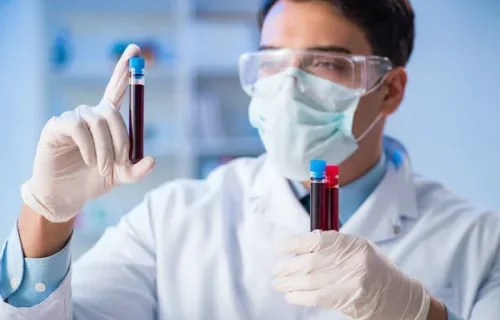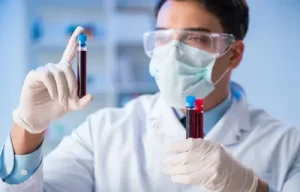In the complex field of hematology, obtaining an accurate diagnosis is crucial for effective patient care. However, misdiagnoses are not uncommon and can lead to inappropriate treatments and adverse outcomes. Seeking a second opinion can be a vital step in ensuring diagnostic accuracy and optimal treatment strategies.
Prevalence of Misdiagnosis in Hematology
- Diagnostic Errors in Medicine
A landmark study published in BMJ Quality & Safety found that 5% of outpatient diagnoses are incorrect, with hematology and oncology among the specialties with higher error rates (Singh et al., 2014). For blood cancers like lymphoma, misdiagnosis rates can be even higher due to overlapping symptoms with infections or autoimmune diseases. - Blood Cancer Misdiagnosis
The Leukemia & Lymphoma Society reports that up to 40% of lymphoma cases are initially misdiagnosed, often as infections or less severe conditions. Delayed or incorrect diagnoses can lead to inappropriate treatments and poorer outcomes.- Source: LLS on Blood Cancer Misdiagnosis
- Challenges in Rare Blood Disorders
Rare conditions like myelodysplastic syndromes (MDS) or atypical hemolytic uremic syndrome (aHUS) are frequently misdiagnosed. A study in Mayo Clinic Proceedings found that 21% of patients referred for second opinions received a completely different diagnosis, while 66% had refined or reclassified diagnoses (Dillon et al., 2017).
Implications of Misdiagnosis
Misdiagnoses in hematology can lead to several adverse consequences:
- Inappropriate Treatment: Patients may undergo unnecessary or harmful therapies based on incorrect diagnoses.
- Delayed Correct Diagnosis: Misdiagnosis can postpone the identification of the actual condition, leading to disease progression.
- Increased Healthcare Costs: Unnecessary treatments and prolonged hospital stays contribute to higher medical expenses.
The Role of Second Opinions
Obtaining a second opinion can mitigate the risks associated with misdiagnosis. Consulting with experienced, board-certified hematology specialists provides access to:
- Expertise in Rare Conditions: Specialists with extensive experience are more likely to recognize uncommon hematologic disorders.
- Advanced Diagnostic Tools: Access to state-of-the-art diagnostic technologies can enhance accuracy.
- Collaborative Evaluation: A multidisciplinary approach can offer comprehensive insights into complex cases.
Notably, a study from the Mayo Clinic found that second opinions often resulted in a changed or refined diagnosis, with only 12% of patients retaining the same diagnosis after seeking a second opinion.
DocOrbit: Facilitating Accurate Diagnoses
DocOrbit is committed to enhancing diagnostic precision in hematology through:
- Global Network of Specialists: Connecting patients with top, board-certified hematology experts worldwide.
- AI-Enhanced Medical Assistant, OrbitMD: Utilizing artificial intelligence to support diagnostic processes and provide evidence-based insights.
- Access to Advanced Medical AI Applications: Offering tools that assist in interpreting complex medical data, leading to more accurate diagnoses.
In conclusion, the high rates of misdiagnosis in hematology underscore the importance of seeking second opinions. DocOrbit provides a platform that combines expert human insight with advanced AI technology, ensuring patients receive accurate diagnoses and appropriate care plans.





